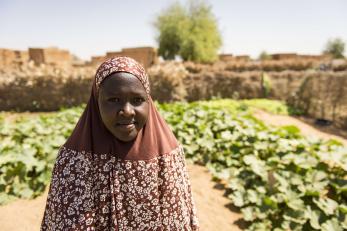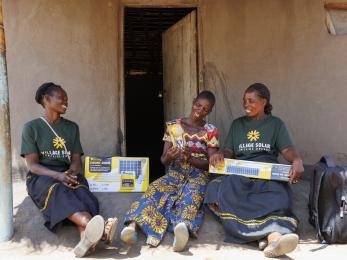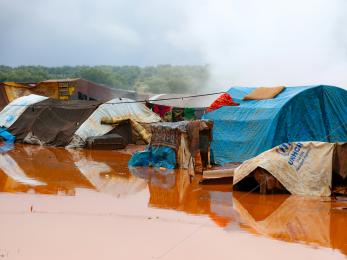Climate Fragility: Addressing Barriers to Practice

The relationship between climate change, socioeconomic and political variables, and fragility is complex and context specific. While more and more actors have been increasingly interested in exploring climate and conflict, programmatic interventions and evidence building have not kept pace with theory or discourse. To respond to the changing risk landscape unfolding in many fragile and conflict affected contexts, practitioners need cost effective and efficient tools to respond.
As an implementing agency, Mercy Corps uniquely understands the value of assessments and evidence gathering for the design of effective programming and interventions. At present, the limited number of practitioner focused and replicable assessment methodologies to assess climate and conflict linkages contributes to the limited action to respond to these risks. Assessments do not shoulder all the burden for stagnation in programming, but it is certainly a significant factor.
To help fill this gap, Mercy Corps set out to better understand the landscape of available assessment guidance to unpack climate and conflict, to inform the future development of analytical tools, processes, and guidance for practitioners. Mercy Corps reviewed and evaluated existing analytical processes and guidance aimed to better inform implementing agencies in the development of programme strategies and activities addressing climate security dynamics. Download our report to learn more about our findings and recommendations for climate security assessments, and broader action in this space.


